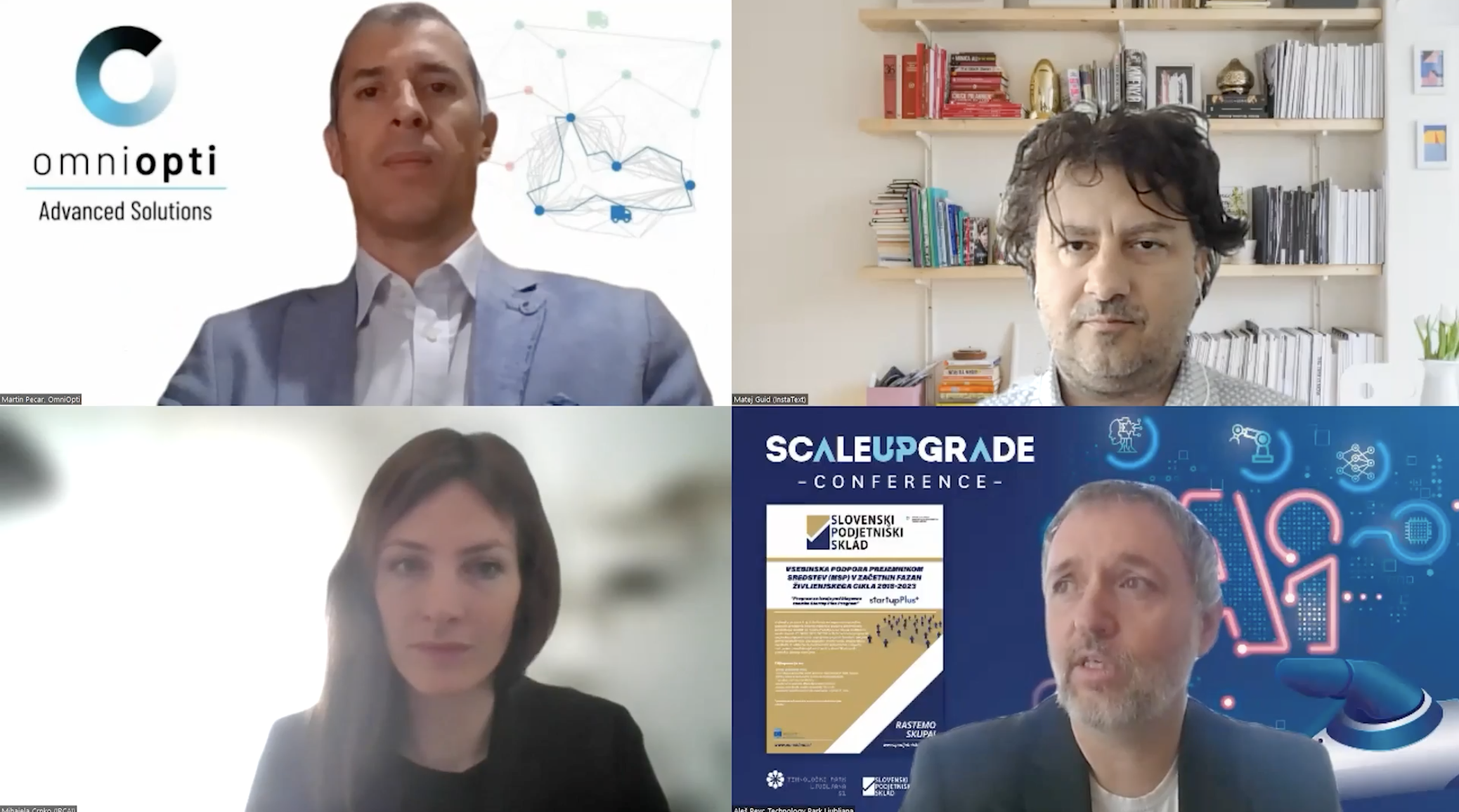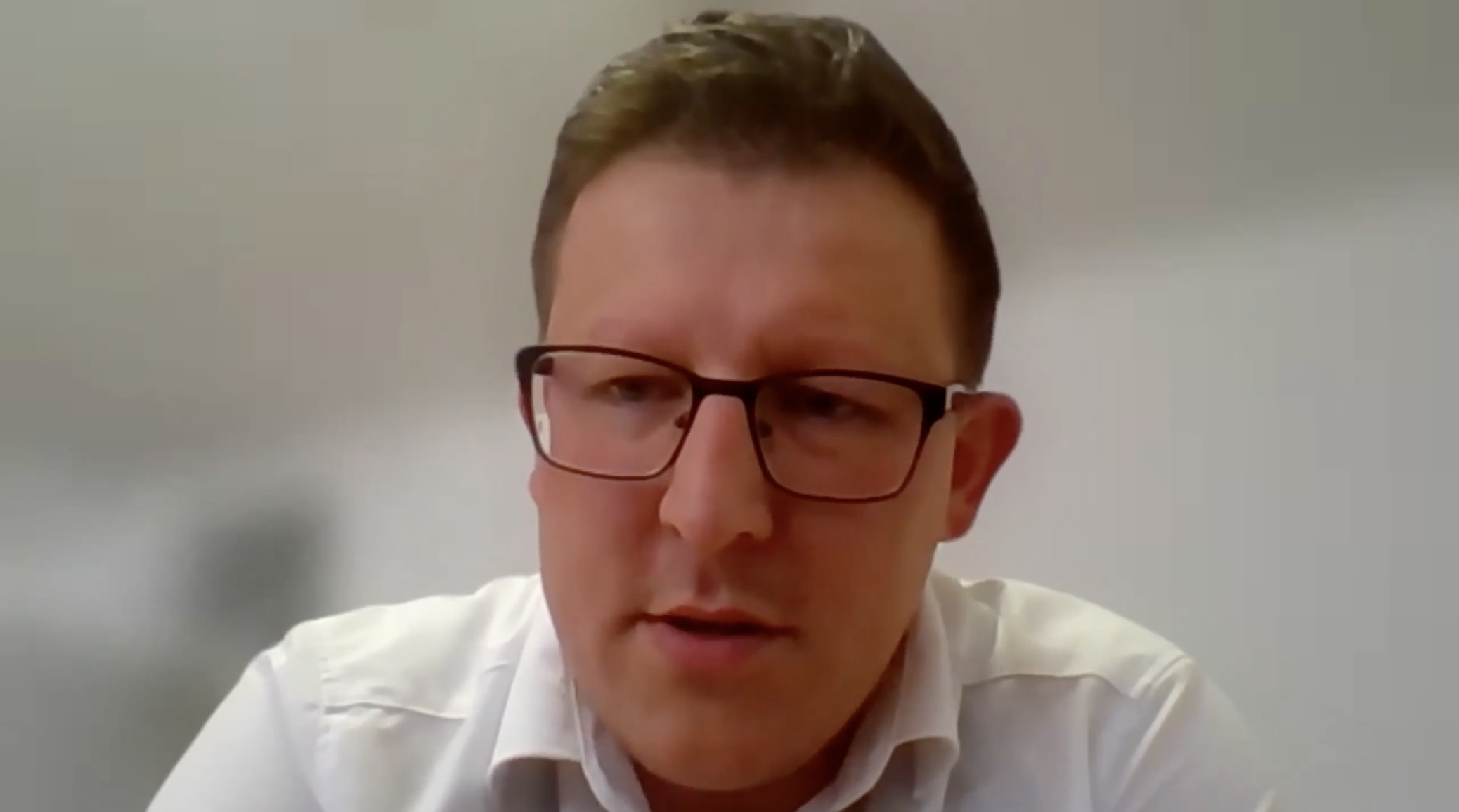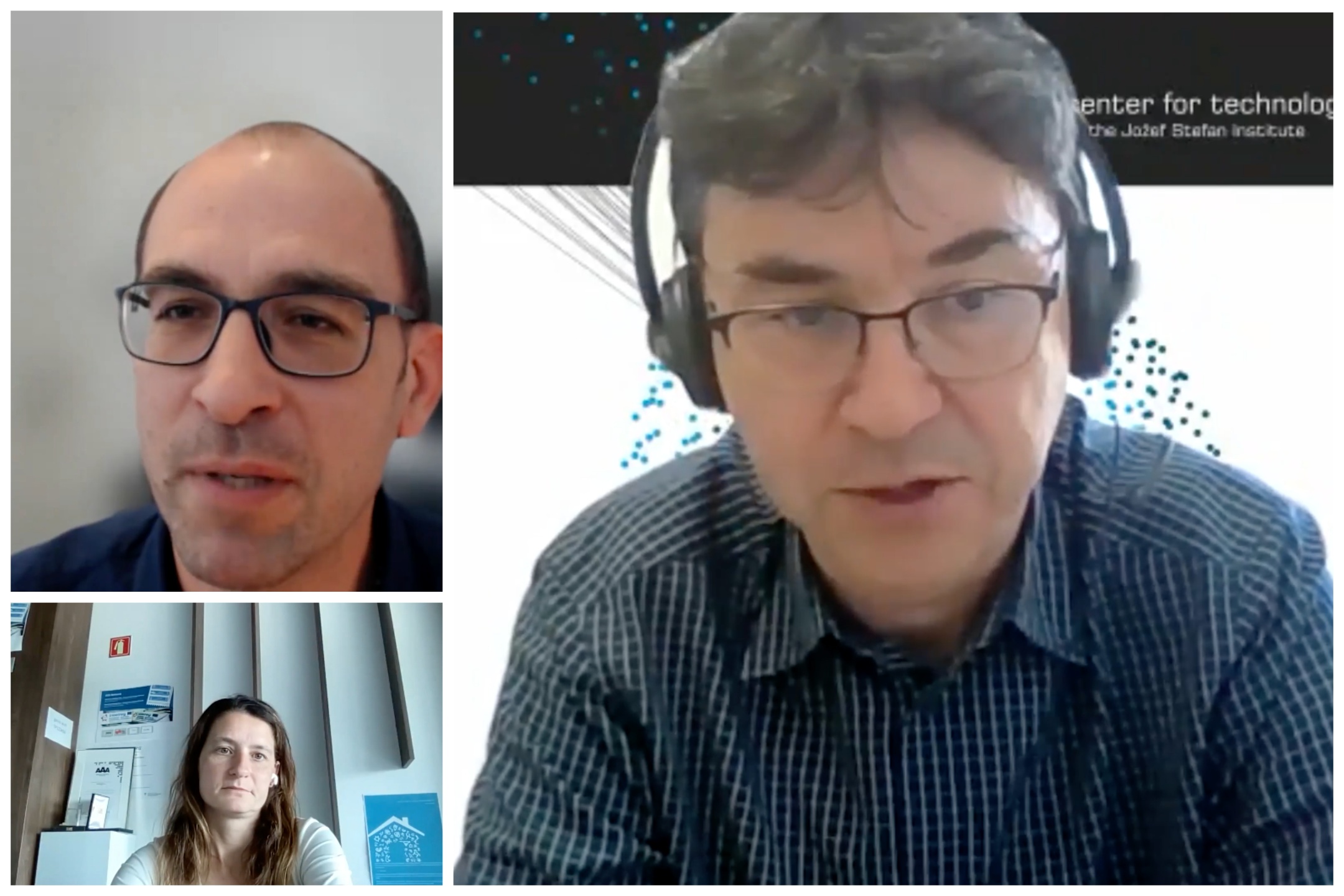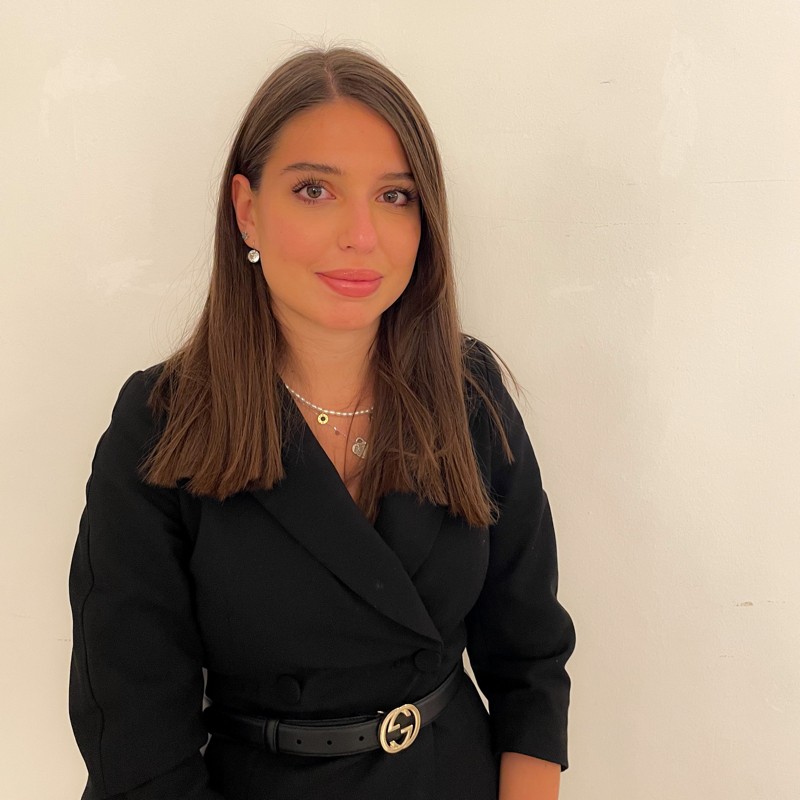Connecting the tech community for a better future was the theme of this year's fourth ScaleUPgrade conference, organized by Ljubljana Technology Park with support from the Slovene Enterprise Fund as part of the StartupPlus program. The Technology Park team addressed a number of interesting topics with highly relevant speakers in the event's panel discussions.
It is important to know what we want to achieve with artificial intelligence and where we want to go with it, said Martin Pečar, founder of OmniOpti, in a discussion on how artificial intelligence will develop in the future and what impact the technology will have on the operational and business activities of companies, as well as the role of data and its use.
Matej Guid, co-founder of InstaText, winner of the Slovenian Start:Up of the Year 2020 award, pointed to the inference capabilities that AI already offers and, in the context of entrepreneurship, highlighted the need to look at the role of humans in the world of AI and the added value that can be achieved with AI.
Setting goals for something we don't understand
Martin also pointed out the importance of a large database for the proper functioning of artificial intelligence, as it allows for fast and efficient learning, but sees the limited amount of data as an obstacle for Slovenian companies, which are limited by the size of the domestic Slovenian market.
IRCAI's Mihajela Črnko added that the situation that currently exists due to the lack of quality datasets will certainly improve by 2025: "We need to educate ourselves with AI and about AI. We are at a turning point."

Martin Pečar, Matej Guid, Mihajela Črnko and Aleš Pevc
Not replacing teachers but helping them
When asked where AI could first replace humans in their teams, Martin mentions marketing activities and, to some extent, programming: "Evolution takes millions of years, programming takes years, and AI can learn things in a matter of minutes - things we don't yet understand well."
"In the short and medium term, I don't see any replacements, but I do see the scalability of time," says David, who also sees AI in the education process not as a replacement for teachers and lecturers but as a kind of support to help teachers, but also, and above all, when it comes to imparting knowledge to students who stand out from the average.
Not necessarily better, but different from the competition
Jure emphasized the importance of organizational culture, which is key to giving a company character, and culture must not only be built but also maintained so that it is passed on to new employees. "The culture builds on itself with younger colleagues and continues to grow," said Jure with a smile. Jure adds that you don't have to be better than the competition in every way; you just have to be different.
Companies today are held hostage by their employees
Urška Jarc, Head of Human Resources at Cosylab, Tomaž Švajger, Commercial Director at Heads Adriatic, and Živa Praprotnik, HR Manager for Slovenia at United Cloud, spoke mainly about the challenges companies face in attracting employees, but also about external factors that make Slovenia far from attractive to foreign talent, especially administrative procedures that are not user-friendly and take too long.

Tomaž Švajger
"We are hostage to our employees," Tomaž adds, pointing to the huge gap between what young people want today and what companies can offer them. Therefore, the key is to attract foreign talent, with Ukrainians being the easiest, as they can be hired immediately.
The question is how to become interesting for Slovenians
Today, the question is no longer how to make companies in Slovenia attractive to foreigners but how to make them attractive to Slovenians. Živa points out that HR managers now face a great challenge, as they have to get to know each employee well and adapt their work and conditions to them. The possibility of working from home has become a necessity.
"And it's good that the company owners have already realized that the added value of the company today is the employee, not the machine," says Živa.

Jure Vindišar, Kristina Kočet Hudrap and Robert Blatnik
Getting ready to apply for tenders
When asked whether Slovenian companies are well aware of the opportunities available, Jure answers that it varies; smaller companies are less aware of all the opportunities, with the exception of startups, because they are looking for money on the market. "Companies that are more research and development oriented have these skills," says Jure.
"The form takes you through the questions, which is very valuable, and a lot of people realize that the amount of thinking they do in a couple of months when they're applying for a tender, they haven't done in ten years. It forces you to do that.
So it's not just the money, but it helps you to think in a more structured way, which also helps you to grow your business". In short, it's good to "build up the muscle for tendering".
A number of excellent Startup Plus programs are available to recipients of financial incentives
The Slovene Enterprise Fund also organizes a number of other top-quality entrepreneurship programs for portfolio companies, such as the Startup Clinic, the Podim conference, vertical accelerator programs, international accelerator programs and many others. These content programs effectively complement the P2, SK75 and SI-SK financial products, which provide Slovenian companies between EUR 54,000 and EUR 600,000 in start-up funding.
###
Content support for recipients of P2, SK75 or SI-SK financial products under the "de minimis" scheme is co-financed from the Slovene Enterprise Fund and the European Union from the European Regional Development Fund. This is implemented on the basis of the Content Support for Funds Recipients (SMEs) Programme in the 2018-2023 period, under the Operational Programme for the Implementation of the European Cohesion Policy 2014-2020.
.png)









